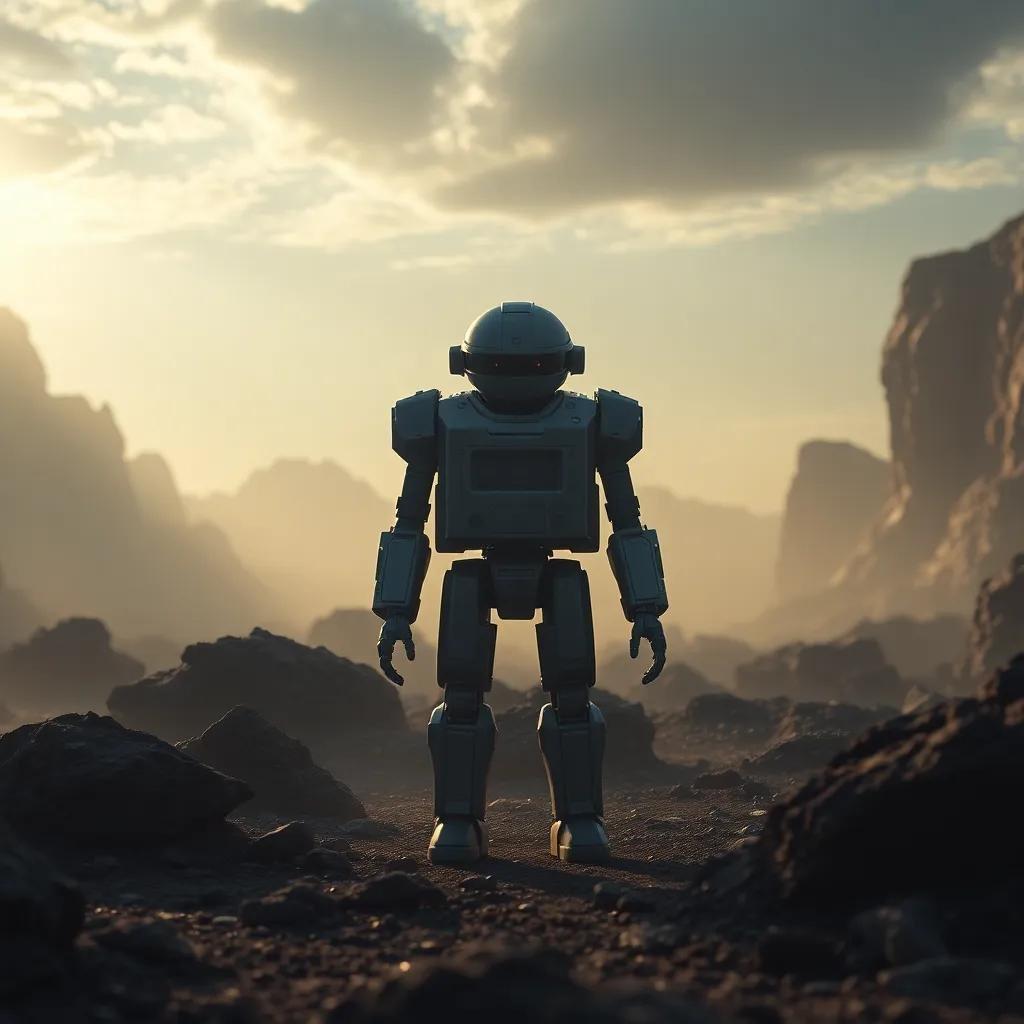Table of Contents
Cosmic Canvas Awaits

Have you ever wondered how artificial intelligence could revolutionize our understanding of the universe? While traditional space missions have expanded our horizons, AI-driven explorations promise to take us even further. This transformation matters now more than ever,as we face pressing questions about our place in the cosmos. In this article, we’ll explore three main ways AI is set to redefine our adventures in space: unparalleled data analysis, autonomous exploration, and revolutionary collaboration with human astronauts.
Unmatched Data Analysis
As we send probes and rovers to distant planets, the amount of data generated is staggering. Traditional methods of data analysis often fall short in managing such vast quantities. Here’s where AI steps in.
- Speed: AI algorithms can analyze data in real-time, offering insights far quicker than human analysts.
- Accuracy: With machine learning, AI continuously improves its predictive abilities, refining our understanding of celestial phenomena.
- Patterns: AI can unearth patterns and correlations within massive datasets, revealing secrets previously hidden from even the best minds.
By harnessing this power, scientists can detect everything from minor fluctuations in atmospheric conditions on Mars to astronomical events across the galaxy. Enhanced data analysis doesn’t just help us comprehend our universe; it accelerates our journey into the unknown. This capability sets the stage for even more groundbreaking explorations ahead.
Autonomous Exploration
In the vastness of space,operating in real-time with human oversight isn’t always feasible. Enter autonomous robots, equipped with artificial intelligence that can make decisions and execute tasks independently.
- Adaptability: AI-enabled systems can adjust their missions based on unforeseen challenges.
- For example, a rover might encounter an unexpected obstacle and re-route itself to another area of interest.
- Efficiency: Less reliance on Earth-bound communications means missions can proceed without delays, collecting data continuously.
- Risk Reduction: AI reduces risks to human crews by sending robots into hazardous environments first.
AI-powered autonomous systems could very well serve as our eyes and ears on asteroids, moons, and distant planets, exploring terrains too hazardous for humans. As a result, these missions will yield insights and discoveries that could change our understanding of everything from planetary geology to the search for extraterrestrial life.
Pioneering Human-AI Collaboration
The potential for human-AI partnerships in space is exciting. As AI continues to evolve,it can support astronaut tasks in ways never before imagined.
Imagine an astronaut teaming up with an AI companion. This partnership could offer benefits like:
- Enhanced Decision Making: AI can provide real-time data analysis to aid astronauts in critical scenarios.
- Health Monitoring: Smart systems can track astronauts’ health,predicting fatigue levels and advising on rest.
- Mission Support: AI could schedule tasks, manage supplies, and even check for repairs, allowing astronauts to focus more on exploratory tasks.
Moreover, this collaboration can significantly extend the duration and safety of missions. The seamless working relationship between humans and machines will open doors to further discoveries and possibly even the colonization of distant worlds.
Endless Opportunities Ahead

AI-driven space missions have the potential to reshape our exploration of the universe in unprecedented ways. from data analysis to autonomous operations and human collaboration, the horizon is brighter than ever.
The key takeaway? By harnessing artificial intelligence,we unlock paths to cosmic discoveries that may redefine our existence. Reflect on this: What wonders await as we venture into the final frontier powered by AI?



